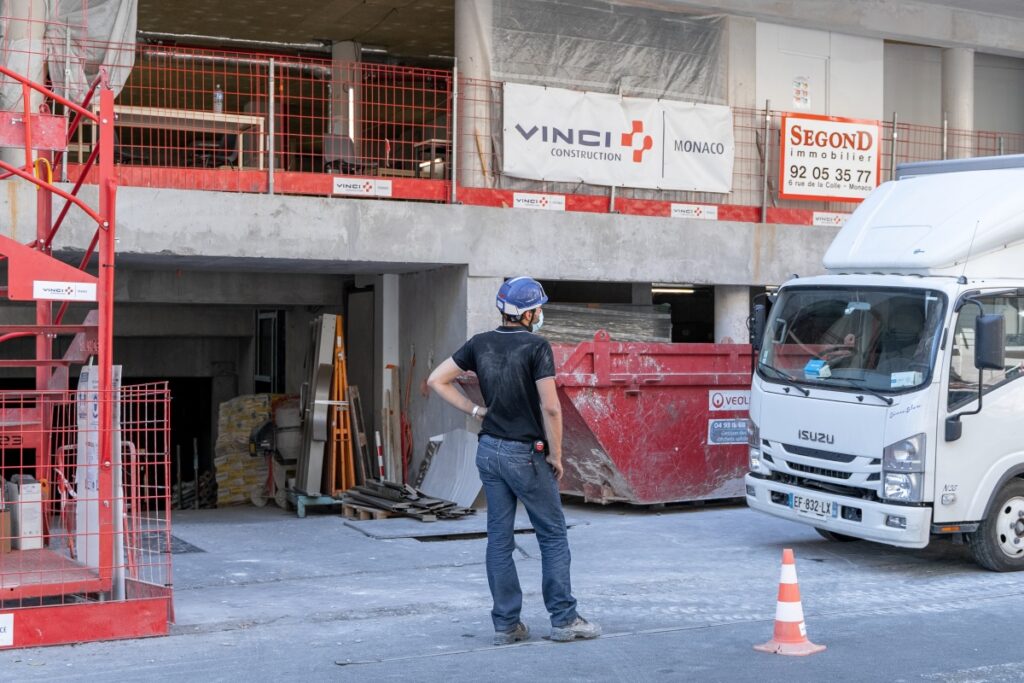Temporary work hits new highs, with 321.7 million euros in 2024

The Monegasque temporary employment sector generated a record turnover of 321.7 million euros in 2024, employing 7,808 people and exceeding 11 million hours worked for the first time.
The 18 temp agencies listed on Monaco’s Trade and Industry Register have made remarkable progress, with a 19.0% increase in turnover compared to 2023. Even more impressive is the fact that this sector has practically doubled its results in five years (+88.5%), significantly outperforming the Principality’s overall economy. The number of employees jumped by 13.5%, with almost a thousand more temporary workers, while the volume of hours worked rose by 17.1%. This dynamic makes temp work a major part of the Monegasque labour market, accounting for 12.9% of the total private sector workforce.

Construction and public works account for two-thirds of days worked

Construction remains the mainstay of temporary work, accounting for 42.1% of assignments and 66.9% of days worked. Within that sector, Specialist Construction Work accounted for 33.5% of assignments, buoyd by the Principality’s many construction sites. Accommodation and catering comes second with over 20% of contracts, but only 1.7% of days worked, showing the predominance of short assignments in the sector. 29.5% of all contracts last just one day, mainly in catering.
A clear demographic profile
The temporary workforce is largely male, with 6,843 men and 964 women, i.e. 87.6% men. On average, these employees are younger (40.1 yrs) than the private sector as a whole (42.4 yrs), and they almost all live outside Monaco (98.8%). The breakdown by nationality shows Portuguese people to be over-represented (19.3% compared with 7.1% overall) and the French to be under-represented (38.8% compared with over 60%), testifying to the appeal of the sector for certain European communities.







